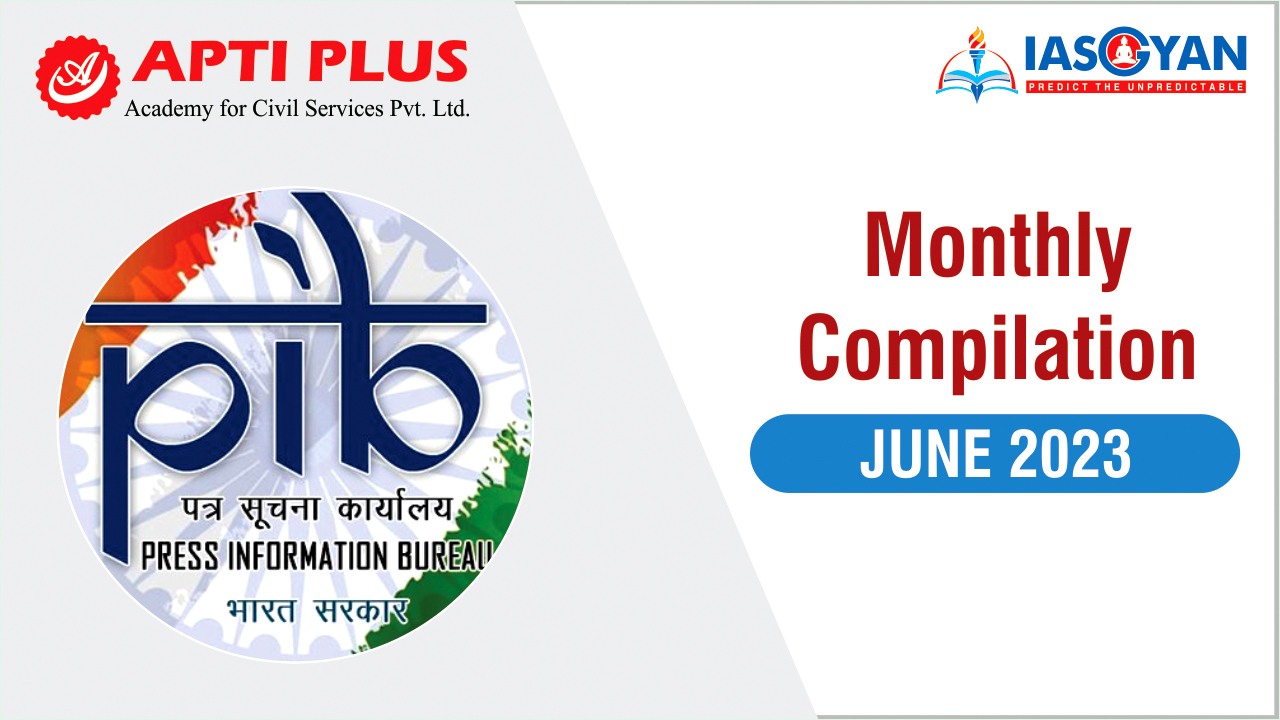
Disclaimer: Copyright infringement not intended.
Context
- The government today introduced the National Nursing and Midwifery Commission Bill, 2023 in the Lok Sabha.
Details
- The Bill seeks to provide for regulation and maintenance of standards of education and services by nursing and midwifery professionals. The Bill was introduced by Union Health and Family Welfare Minister Dr. Mansukh Mandaviya.
- The Minister also introduced The National Dental Commission Bill, 2023 in the Lok Sabha. The Bill is intended to regulate the profession of dentistry in the country.
- It also aimed at providing quality and affordable dental education. The two Bills were introduced amid continuous protests by opposition parties over the Manipur violence issue.
Introduction
- A nursing and midwifery regulatory agency ensures the patient's safety and the highest quality of care that helps in building and sustaining the general public’s confidence in nursing and midwifery professions.
- The regulatory agency in nursing and midwifery is responsible for setting and maintaining professional conduct and practice standards, promoting quality pre-service education, and ensuring competence among the members of the profession.
- In India, the nursing and midwifery profession is facing many challenging issues such as poor educational standards, different nursing cadres with ambiguous titles, improper regulatory practices, a gap between theory and practice, and gender discrimination, which need to be addressed on an urgent basis.
About National Nursing and Midwifery Commission Bill
- The National Nursing and Midwifery Commission (NNMC) Bill is an important document aiming to uphold and maintain professional standards, ensure quality nursing education at all levels, and standardization of nursing and midwifery registration in India.
- The bill was drafted and proposed by the Ministry of Health and Family Welfare (MOHFW) on November 5, 2020.
- The bill was in the public domain for suggestions. The bill once passed in both Houses of Parliament in the upcoming legislative session would become an act, repealing the age-old Indian Nursing Council (INC) Act.
- The INC has been a regulatory body in India established by an act of parliament in 1947. It was committed to ensuring the minimum educational standards in nursing, recognizing the various levels of qualifications in nursing, and preparing and revising the nursing curriculum.
- Once the bill is passed, it is going to be called the National Nursing and Midwifery Commission Act, 2020. With the implementation of NNMC, the INC Act, which is more than 75 years old, will be repealed.
- The NNMC Act aims to regulate and maintain the standards of nursing education and the services provided by nursing and midwifery professionals. It would assess the institutions, maintain registers at the center as well as state levels and create a system to improve access to research and development and adoption of the latest scientific advancement etc.
.jpg)
Composition of the Commission
The Main Governance
- The commission will be a corporate body with its head office in Delhi, chaired by a central government official selected from the ranks of eminent nursing and midwifery experts. The chairman will be assisted by the nursing advisor to the Government of India and a military nursing professional, three representatives from the Directorate General of Health Services (DGHS), the Indian Council of Medical Research (ICMR) and the National Medical Commission.
- The additional secretary of the central ministry is the convenor member.
- In addition, 10 nursing leaders; 5 each from nursing education and service from the national institutes of excellence will be elected on a biennial basis by the Ministry of Health and Family Welfare.
- There will be a total of 26 distinguished and renowned nursing specialists, nominated by the center and state governments, representing the six zones of the country. There are two members nominated by the central ministry; one from a charitable institution and another one from related fields like health research or law or ethics.
- All members of the commission will be ex-officio members.
Important features
- An important feature of the NNMC bill is to have a common eligibility cum entrance test in English and other languages for admission to undergraduate nursing education.
- This test will apply to all the institutions under nursing and midwifery.
- The commission will be solely responsible for the regulation and conduct of counseling. The exit test conducted in the final year will be the basis for admission to postgraduate nursing courses. The commission will formulate guidelines for counseling.
- The commission will also hold the power to recognize/withdraw or de-recognize the qualification of the professionals and as well as the institutions if they do not conform to the stated guidelines.
Functions
The commission will be delivering the following important duties through the four autonomous boards and state commissions.
- Conducting common entrance and exit examinations for various nursing courses such as diplomas, degrees and postgraduate nursing and midwifery courses.
- Developing and maintaining the standards of nursing and midwifery education which include curriculum development, assessment, clinical affiliations, faculty preparation and the approval of the nursing institutions.
- Regulating nursing and midwifery institutions, professionals and associates.
- Assessing the requirement of nursing and midwifery in health care and advising the government.
- Regulating the professional code of ethics in nursing and midwifery.
- Regulating the standards and the scope of practice of registered nurses and registered midwives (RN RM), nursing associates, midwifery associates and postgraduates of nursing and midwifery.
- Qualifying the criteria prescribed by the postgraduate education board for nurse practitioners (NP) and regulating their limited prescribing authorities of those who have obtained the required nursing and midwifery qualification.
- Maintaining separate national registers for the nurses and midwives and nursing associates.
- Ensuring rights and responsibilities of the RNRM and nursing associates.
- Providing mechanisms for receiving and redressing the grievances of the nursing personnel.
Regulated entry and exit into the nursing and midwifery profession
- A lot of variation has been observed in nursing education throughout the country in terms of the quality of nursing education. Many institutions have reportedly low standards of nursing education.
- Many existing nonattending nursing schools and colleges in the private sector compromise the quality of nursing education. These private institutions have a very liberal way of admitting students without any entrance examination.
- They charge a hefty tuition fee for the student’s enrolment in the courses. A common entrance examination will ensure the minimum possible requirement that a student must possess to enroll in a nursing course.
- In the same way, the exit examination will ensure the required knowledge, skills, and competencies among nursing graduates.

Conclusion
- The NNMC act is expected to reform nursing education and service which will accelerate the development of the nursing and midwifery profession in India. The dream to have a self-regulatory profession seems to be within reach for nursing professionals. It remains to be seen how the implementation of the NNMC Act will impact the practice of nursing.
CITATIONS:
https://sansadtv.nic.in/loksabha/minister-dr-mansukh-mandaviya-introduces-the-national-nursing-and-midwifery-commission-bill-2023
https://sansadtv.nic.in/episode/perspective-the-national-nursing-and-midwifery-commission-bill-20-july-2023
https://prsindia.org/billtrack/the-national-nursing-and-midwifery-commission-bill-2023
https://economictimes.indiatimes.com/news/india/government-introduces-national-dental-commission-bill-in-lok-sabha/articleshow/102078132.cms
https://www.livemint.com/news/india/government-introduces-national-nursing-and-midwifery-commission-bill-and-national-dental-commission-bill-in-lok-sabha-11690200743793.html
https://indianexpress.com/article/india/govt-introduces-two-new-health-bills-in-house-8858349/




